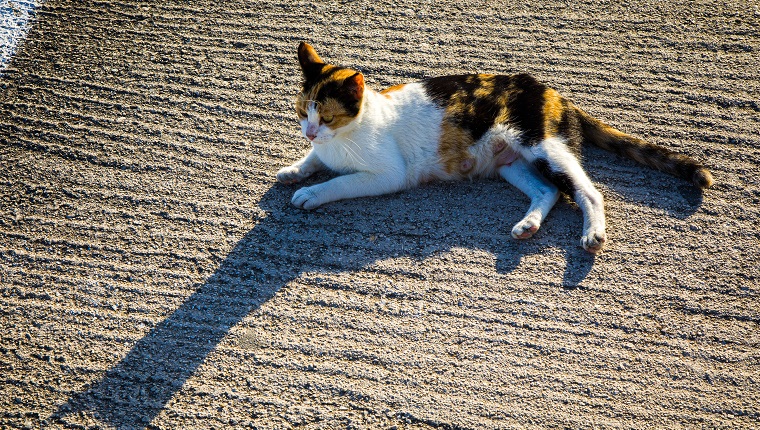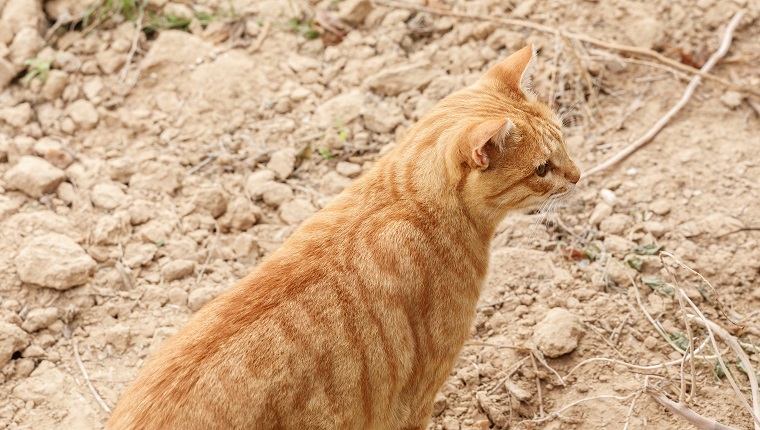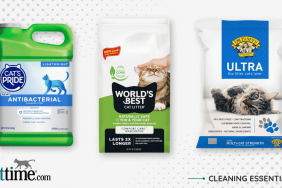Dehydration in cats is a condition that comes about when the amount of fluid in a cat’s body drops too low. It can often result from a cat not drinking enough water or from an underlying condition, such as diabetes, heatstroke, or a fever.
Vets often treat the issue with the use of fluid therapies to restore the amount of fluid in a cat’s body to a safe level.
If you see the signs that your cat is dehydrated, then you must get to a veterinarian for a proper diagnosis and advice. Here’s what you should know about the symptoms, causes, and treatments for dehydration in cats.
Symptoms Of Dehydration In Cats
Symptoms of dehydration in cats can be varied and become more noticeable the more dehydrated a cat is.
Some of the most common symptoms that might occur include:
- Acting lethargic
- High heart rate
- Panting
- Not eating food
- Eyes that look to be sunken
- Constipation
- Peeing a lot
Causes Of Dehydration In Cats

The main cause of dehydration in a cat is not drinking enough water or fluids.
Some of the other potential causes include:
- Heatstroke
- Diabetes
- Drinking unclean water
- Diarrhea
- Vomiting
- Fever
- Shock
- Eating too much dry food
Veterinary Treatments
If you suspect that your cat is suffering from dehydration, your veterinarian will want to carry out a complete physical examination of your cat. They will also ask a series of questions about your cat’s usual eating and drinking habits and any symptoms that you have noticed.
A process called a skin turgor test is usually performed; it involves pulling up the scruff of a cat’s neck and monitoring how long it takes to return to its normal position. Vets also often use blood and urine tests to determine whether a cat is dehydrated.
When it comes to treatment, vets will usually initiate the administration of fluids. This is an intravenous process performed while a cat is in the hospital. The goal of the process is to restore the cat’s proper fluid levels.
In some cases, vets may also use a type of medication called antiemetics to prevent any vomiting issues. As always, if your vet prescribes your cat any medication, it is important that you stick to the precise dosage and frequency instructions and complete the full course of medication.
While your cat recovers at home, it’s vital that you make sure they always have enough fresh water available.
Has your cat ever suffered from dehydration? Do you have any tips for encouraging cats to drink more water? Let us know in the comments section below.









